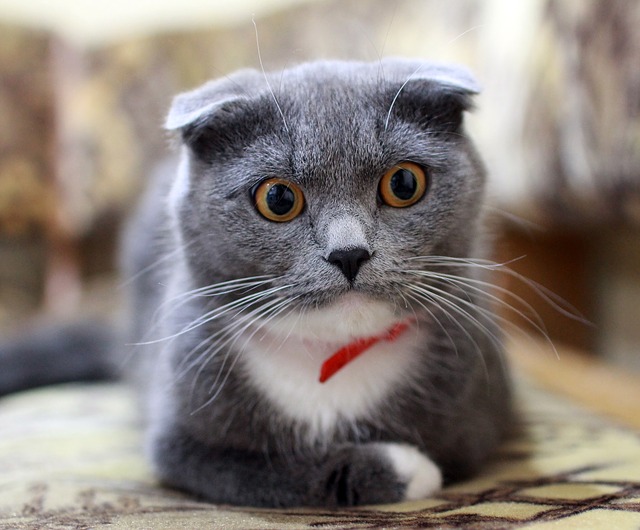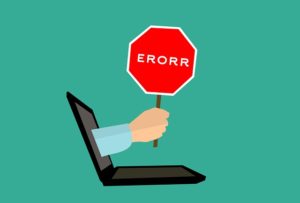We tend to see the usage of cliffhanger every now and then in a book. Is it really necessary? Well, what’s a cliffhanger? We all have seen those television serials where the concluding scene of an episode ends with a frightening touch or an incomplete exciting situation and the audience keeps wondering what will happen next. The audience waits for the next episode or the next season to get to know about the story. This approach or you can say a plot device to keep the audience engaged is known as cliffhanger. Can we apply the same approach in writing novels or books? I’d say that writing a cliffhanger ending can make or break your story.
There are several kind of cliffhanger– romance stories generally ends on a happy note. Whereas fiction, fantasy, horror/thriller often ends on a crazy note. It is imperative that you want to write a perfect cliffhanger where the audience gets hold of your book asking for more and giving them goose bumps till the climax of book is revealed.

So does that mean cliffhangers should be there at the end of each chapter of your book? I would say that’d be a wrong move if you want your audience to keep guessing for the next scene.
Of course if your book is of horror or thriller genre, you can use cliffhangers every now and then. It can be anywhere right from the beginning, at the middle, end of each chapters or at the end. Cliffhanger is one of the basic foundations of a horror/thriller story. Then what about the other genre: fantasy, romance, nonfiction? In these kind of genres if you are going to use too much cliffhangers, then you are actually irritating the audience and that can kill the credibility of your story. Why does the audience buy your book? The sole purpose is to read and comprehend the entire story, not to keep guessing throughout the novel. In my idea, you must limit the usage of cliffhangers but if you use them in a sagacious way, you can reap good results.
So when are cliffhangers used? In my opinion, cliffhangers works best at the beginning of a novel, maybe somewhere in the middle of the book and that’s all. The best ways to using cliffhangers are through powerful dialogues and hook your readers. Don’t use cliffhanger in every chapter as the readers are intelligent enough to understand that the author is wasting their time without revealing the story. They can tolerate your tricks during initial chapters with cliffhanger endings but if they find this in subsequent chapters, they will not read your book. I believe a story should not end in cliffhanger.

This can be explained as follows- suppose you are writing in any genre: fantasy, science fiction, non-fiction, now when you are finishing the book, the audience expects a conclusion good or bad depending on the plotline but if you finishing your story with a cliffhanger, your audience will feel duped as you have wasted their time. Unless you are writing a sequel, it’s okay to use cliffhanger ending. It can be an open ending cliffhanger making the audience waiting for the next installment. This means author has some missing links which will be answered in the next sequel of the book. This is mostly applicable in horror/thriller genre.
Still this is not a good approach as you may lose your loyal readers. Some readers of course like cliffhanger endings but majority would shun your book away. Readers want a complete and plausible ending in every novel. They haven’t invested their time and money on your book to keep waiting for the next book. A book must have a completion element to convince the readers the book is worth a read. The cliffhanger can be given in the next instalment. Although lot of movies we have seen are having cliffhanger ending have created some noise in public. Classic examples : Dark Knight, Lord of the Rings: Fellow ship of the Ring, Inception, Iron Man, Gone Girl and many more. People liked the ending and also there are people who didn’t like. But in novel writing, it’s a completely different approach.
You must have a clear vision on what you want to achieve in the end. What happens in the end ? The protagonist wins over antagonist? The antagonist wins? Protagonist lost love interest. Protagonist sacrifices for love interest. Antagonist become allies with protagonist? It all depends what your novel wants to achieve in the final chapter. If you don’t have a clear vision, you will mess up and only build up the scene without knowing what your character finally want to achieve and further more the cliffhanger ending destroys the plotline. Never use cliffhanger unless your story demands.
Conclusion
It’s on the sole discretion of author to use cliffhangers. Thus you should make your final scene dramatic without the usage of cliffhangers and that can only be done by having a strong plotline.




